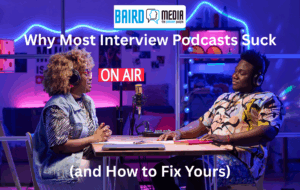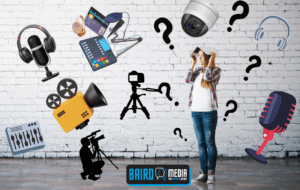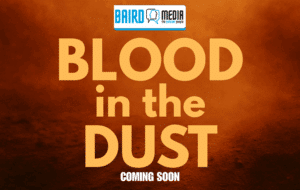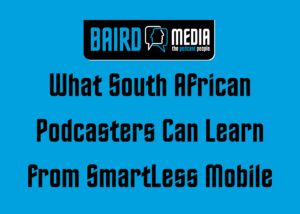Absolutely.
South Africa has a growing MVNO market. Me&You Mobile, Afrihost Mobile, Trace Mobile – these are all examples of companies using major carriers like MTN and Cell C to offer customised mobile experiences.
The key insight is this: you don’t need to build the towers. You just need to build the brand.
So what could this look like here?
Let’s explore a few possibilities based on actual South African podcasts:
1. True Crime South Africa SIM: Data with a Purpose
Nicole Engelbrecht’s True Crime South Africa is one of the country’s most listened-to podcasts – and with good reason.
She gives voice to victims and stories that often go unheard in mainstream media.
Now imagine this:
A True Crime SA SIM card, backed by an MVNO agreement with MTN or Vodacom.
Data-lite plans with a built-in hotline shortcut: one tap to report crime or access victim support services like SAPS Crime Stop or Tears Foundation.
A portion of each subscriber’s payment goes directly to organisations that support GBV survivors, crime reporting tools, or missing persons initiatives.
Episodes stream data-free (zero-rated), just like how some education sites are structured for students.
Suddenly, you’re not just monetising, you’re building infrastructure that supports the exact issues your podcast addresses.
2. Alibi Mobile: Journalism on the Go
Paul McNally’s Alibi has proven that local investigative audio journalism can be gripping, nuanced, and socially vital.
If Alibi launched a mobile network or SIM:
Each plan could include access to exclusive investigations, interviews, or behind-the-scenes content.
You could bundle a WhatsApp tip-off number directly into the service — encouraging listeners to report corruption or injustice.
The phone network becomes a tool for citizen journalism in underreported regions.
Here, monetisation and mission walk hand in hand.
You’re offering cheap comms and empowering public accountability.
3. Youth Focused MVNO by Podcasters Like “What’s the Quarantine?” or “Sistahood Hour”
Plenty of SA podcasters are speaking directly to young people.
Think:
Sistahood Hour (empowering women through storytelling),
The Sobering (SA hip-hop and culture),
What’s the Quarantine? (youth mental health).
A youth-focused MVNO could:
Offer dirt-cheap plans tailored for data-conscious teens and students.
Include access to free educational content, mental health check-ins, or creator collabs.
Bundle in rewards for listening (e.g., earn airtime or data for completing episodes or sharing them).
Provide digital safety resources, anti-bullying hotlines, or career support content.
With the right partnerships (Dept. of Education, SAYouth.mobi, etc.), this becomes more than a phone service – it’s a platform for youth resilience.
4. The Solid Gold StoryTime SIM — For Your Inner Child and Outer Grandparent
You didn’t ask for it.
Nobody did.
But here it is anyway.
Imagine this: a mobile plan designed not for data-hungry teens or crime-fighting activists, but for kids, seniors, and hopeless romantics who still believe in the magic of stories told aloud.
Solid Gold StoryTime, known for its whimsical, nostalgic storytelling format, launches a limited-edition SIM card that comes with:
A bedtime call feature — dial “777” and get a random bedtime story read to you by a rotating cast of beloved South African voice actors. Great for kids. Even better for adults who never learned to fall asleep without screens.
The “Granny Mode” package — oversized fonts, prepaid balance notifications that talk to you in rhyme, and a SIM card mailed to you inside a hardcover book.
Seasonal audio treats — Easter Egg hunts via audio clues, spooky October tales, and surprise singalongs in December.
VoiceMail Theatre — any message left on your voicemail is automatically converted into a dramatic reading (imagine your dentist reminder performed like a Shakespearean monologue).
Is it practical?
Not really.
Is it delightful?
Absolutely.
Would people pay for it?
Honestly – probably.
Especially if it came with a limited-edition biscuit tin.
Sometimes, monetisation isn’t about efficiency.
It’s about whimsy.
And Solid Gold StoryTime could own that lane like no one else.







